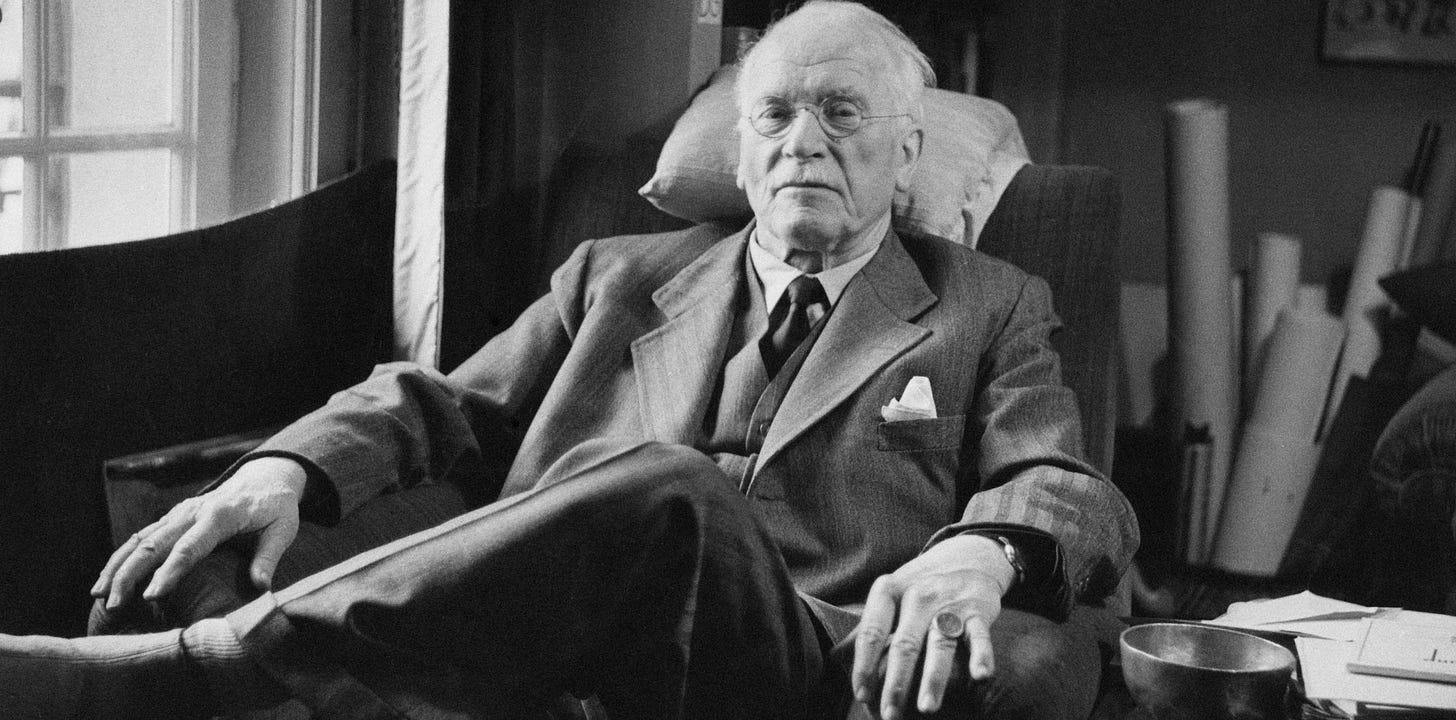Carl Jung's Shadow Self: A 2025 Perspective
The year is 2025. Your feed is a carefully curated highlight reel, a shimmering facade of success and happiness. But what if beneath that polished surface, a darker, more complex reality simmers? What if there's a hidden self, a shadow lurking in the recesses of your mind, shaped by the pressures of our hyper-connected world? Have we truly come to know ourselves, or are we increasingly disconnected from a crucial part of who we are? This isn’t just a philosophical question; it's a call to arms. The battleground? Your own psyche.
Unveiling the Shadow: Jung's Timeless Insight
Carl Jung, the brilliant Swiss psychiatrist, offered a revolutionary perspective on the human psyche. He posited that we all possess a "Shadow Self" – a part of our unconscious mind that houses the traits, emotions, and impulses we deem unacceptable and therefore repress. These can be negative, like anger or envy, but also positive, like creativity or joy, aspects of ourselves we’ve learned to hide. Think of it as the disowned parts of ourselves, the traits we deem "unworthy" of our conscious selves. But what if that rejection comes with a hidden cost?
The core of Jung’s argument is simple: ignoring your Shadow is a dangerous game. It doesn’t vanish; it festers. It manifests in projections onto others, in impulsive behaviors, and in a pervasive sense of unease. Consider this: are you quick to judge others for the very flaws you deny within yourself? Do you find yourself inexplicably drawn to destructive patterns? The Shadow is at play.
The 2025 Shadow: A Digital Age Intensification
Now, consider the year 2025. We live in a world saturated with technology, bombarded by information, and constantly striving for online validation. How does this environment affect our Shadow? Does social media, with its emphasis on carefully constructed personas, exacerbate the problem? The answer, I believe, is a resounding yes.
The curated perfection of online profiles creates a powerful incentive to suppress our imperfections. We’re encouraged to present only the polished version of ourselves, to filter out anything that might be deemed “unacceptable.” This constant self-editing pushes our authentic, flawed selves deeper into the unconscious. Think of it: how often do you post something truly vulnerable, truly unfiltered? Or do you curate your image to garner likes and approval?
The digital age, with its echo chambers and algorithms, also amplifies our projections. We see our own shadow manifested in the behaviors and beliefs of others online, often leading to conflict and division. We're constantly being triggered, often without realizing where the trigger stems from, from inside ourselves.
And what about the impact of AI? As AI systems become increasingly sophisticated, they may be able to reflect back our own biases and prejudices, revealing aspects of our Shadow that we would prefer to keep hidden. This isn’t merely theoretical; it’s a potential reality.
Facing the Darkness: Shadow Work in a Challenging World
So, what can we do? The first step is awareness. You must acknowledge the existence of your Shadow. You must be willing to confront the parts of yourself you’ve disowned. This is what Jung called “shadow work.” It's a process of self-reflection, self-compassion, and, crucially, integration. It’s not about embracing the negative aspects of yourself, but about understanding them.
Here are some practical steps you can take:
Self-Reflection: Journaling, meditation, and dream analysis can help you identify the hidden aspects of yourself. What patterns do you notice in your thoughts and behaviors? What emotions do you tend to suppress?
Recognize Your Projections: Pay attention to the people and situations that trigger strong emotional reactions in you. Are you seeing your own Shadow reflected in others?
Embrace Your Imperfections: Accept that you are not perfect. Acknowledge your flaws and vulnerabilities. Learn to forgive yourself.
Seek Professional Guidance: Consider working with a therapist or counselor trained in Jungian psychology. They can provide support and guidance as you navigate the complex terrain of your Shadow.
And now, if you want a deeper dive into understanding your shadow self, check out this video: Understanding Carl Jung's Shadow Self. It’s a great starting point for your journey.
The Rewards of Integration
The journey of shadow work is not easy, but the rewards are profound. Integrating your Shadow leads to reduced internal conflict, more authentic relationships, and a deeper understanding of human nature. You'll become less reactive, less judgmental, and more compassionate – both toward yourself and others. This integration leads to a more authentic life, a life less dictated by fear and more guided by self-awareness.
"One does not become enlightened by imagining figures of light, but by making the darkness conscious." - Carl Jung
Unlock deeper insights with a 10% discount on the annual plan.
Support thoughtful analysis and join a growing community of readers committed to understanding the world through philosophy and reason.
A Final Word: Embrace the Complexity
In 2025, the pressures of our society threaten to obscure our true selves. The constant push for perfection, the pervasive influence of social media, and the rise of AI all contribute to the formation and intensification of our Shadow. But within the darkness lies the potential for growth. By acknowledging and integrating our Shadow, we reclaim lost energy, heal our wounds, and unlock our full potential. This is not merely a philosophical exercise; it's an act of self-preservation in a world that demands our constant conformity. The journey of self-discovery is long, but it is worth it. Embrace the complexity of who you are, even the parts you'd rather keep hidden. Only then will you find true freedom.



